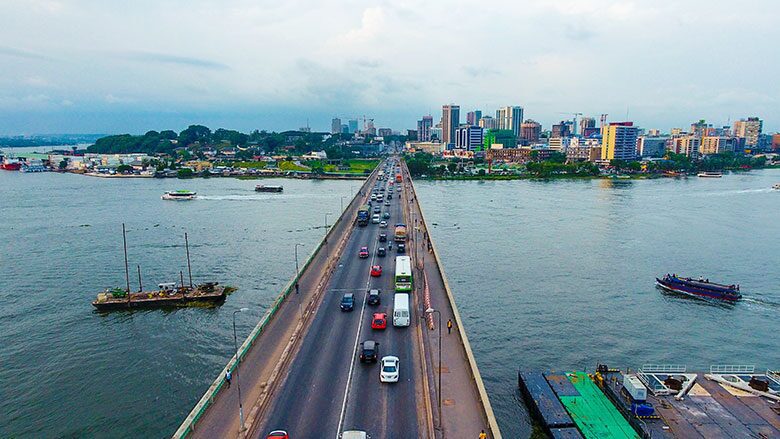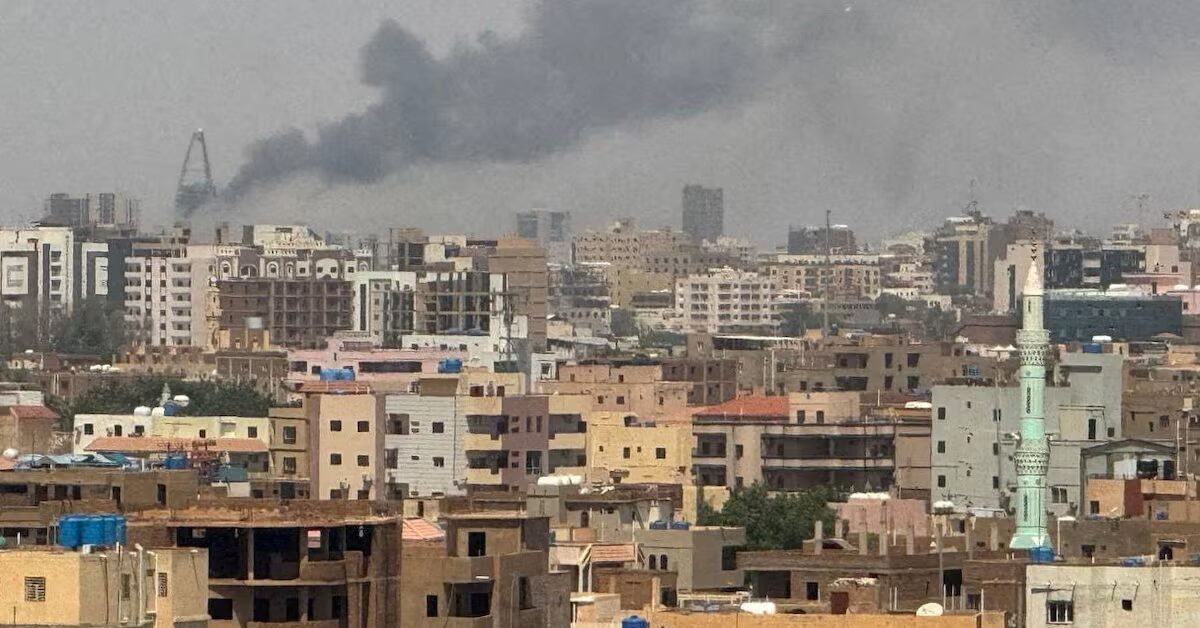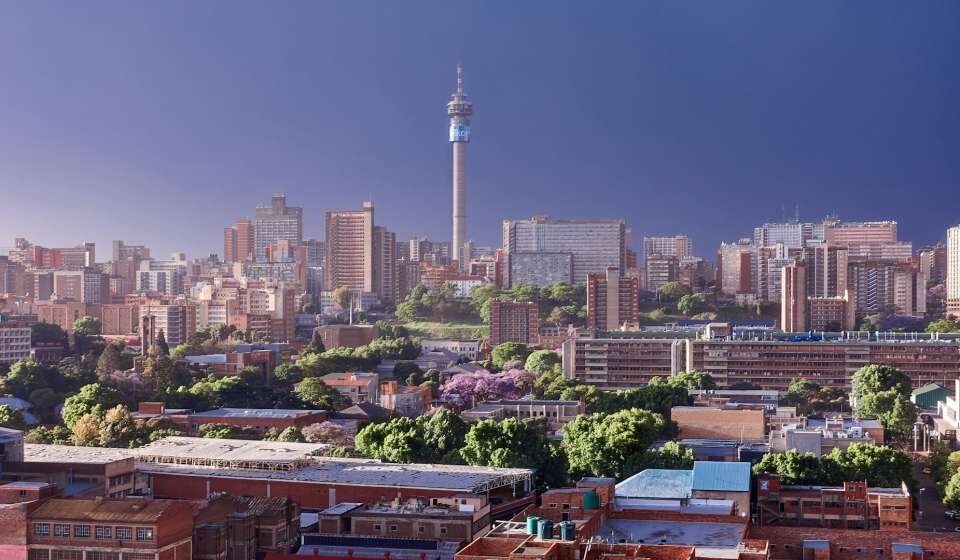
Friday 1st August 2025

By inAfrika Reporter
In Kikwit, in the Democratic Republic of Congo, transporters and traders are experiencing a major shift in their livelihoods, thanks to the renovation of the Kinshasa–N’Djili–Batshamba section of National Road No. 1 (RN1). The 622-kilometre stretch, once plagued by potholes and congestion, has been rehabilitated with $70.2 million in funding from the African Development Fund. The road now connects Kinshasa with the provinces of Kwango and Kwilu, significantly reducing travel times and boosting economic activity.
Previously, hauliers like Modeste Mafangala spent up to two weeks on the road. Now, the same journey takes just six hours. Transporters save on fuel, time, and vehicle repairs. Trade between regions has improved, and road safety has increased. The benefits extend beyond the transport sector. Schools now have clean water access, health centres have been built, and rural markets and agricultural tracks have been upgraded.
At the Don Bosco Institute in Kenge, a borehole provides students with clean drinking water. The integrated development approach of the project has ensured that infrastructure is not built in isolation. Jean Luemba, the project implementation coordinator, notes that the improved road access has allowed villagers to sell produce directly from home.
The project is a significant milestone in the DRC’s infrastructure development. By linking remote areas with urban markets, it strengthens regional integration, supports livelihoods, and enhances overall quality of life. The RN1 project shows how road rehabilitation can spark economic transformation across multiple sectors.


